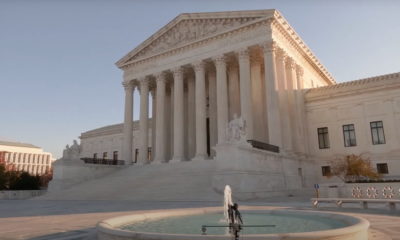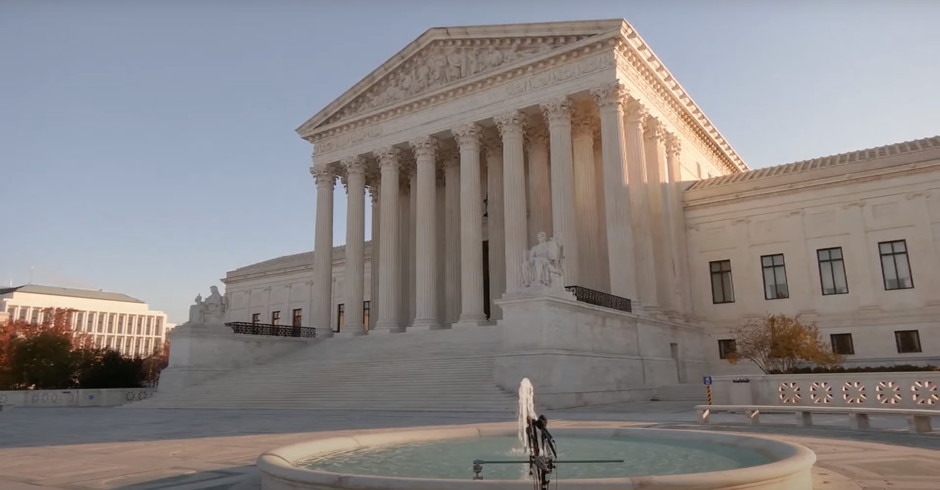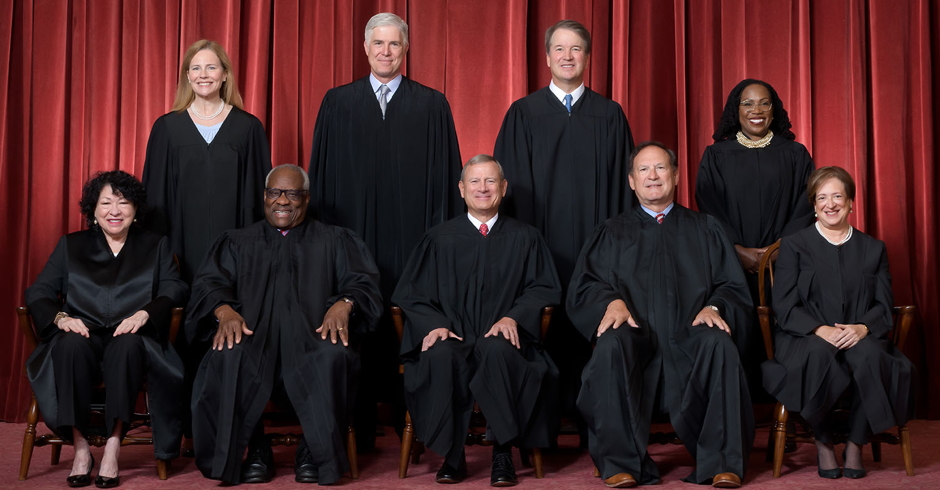News
‘Misogynistic’: JD Vance’s ‘Creepy’ Views on the ‘Purpose of the Postmenopausal Female’

Republican vice-presidential nominee JD Vance in 2020 agreed with a podcast host who told him grandmothers helping to raise children is “the whole purpose of the postmenopausal female.” Vance had not yet been elected to the U.S. Senate at the time. The venture capitalist turned Ohio Republican politician also agreed with the host who said having an in-law who would raise his children was a “weird, unadvertised feature of marrying an Indian woman.”
Vance in 2020 was working at his venture capital startup funded in part by billionaire Peter Thiel. Usha Vance, his wife, was a civil litigation attorney after having clerked for then-Judge Brett Kavanaugh (who later became Justice Brett Kavanaugh,) and U.S. Supreme Court Chief Justice John Roberts.
“My wife had this baby seven weeks before she started the clerkship, still not sleeping any more than an hour and a half in a given interval, and her mom just took a sabbatical,” explained Vance, not stating that the child was his. “She’s a biology professor in California, just took a sabbatical for a year and came and lived with us and took care of our kid for a year.”
READ MORE: ‘Underestimating Harris’: Former Bush Strategist Warns Polls Off as Enthusiasm ‘Skyrockets’
“Painfully economically inefficient,” Vance continued, according to audio published Wednesday by Heartland Signal (below). “Why didn’t she just keep her job, give us part of the wages to pay somebody else to do it, right? Because that is the thing that the hyper-liberalized economics wants you to do.”
Vance currently has a net worth of about $4 million according to Business Insider. It’s unclear why he would have needed financial assistance from his mother-in-law as a billionaire-backed venture capitalist four years ago.
Some critics are suggesting Vance’s remarks are yet more evidence of his misogyny, after his now-infamous “childless cat ladies” comment.
“No,” remarked Lincoln Project co-founder Jennifer Horn, a former chair of the New Hampshire Republican Party. “My primary purpose as a postmenopausal woman is to highlight the chauvanistic, misogynistic, ugly, ignorant, arrogant, destructive nature of the GOP ticket.”
Allison Gill, the award-winning host of the “Mueller, She Wrote” podcast commented, “Vance says the only thing postmenopausal women are good for is helping raise grandkids. Well, this postmenopausal woman is good for kicking your ass in November.”
READ MORE: White Born Again Christian Evangelicals Could Sway Election to Harris Warns CBN’s Brody
Russia, Ukraine, and Eastern Europe expert Olga Lautman asked, “What is @JDVance carrying on about? This is plain bizarre. Post-menopausal women? Only Indian grandparents help raise kids? What?”
Indivisible co-executive director Leah Greenberg added, “the true genuis of JD Vance is that he takes sentiments that *could* be totally normal, like “intergenerational caregiving is good,” and somehow makes them incredibly creepy.”
Listen to Vance’s remarks below or at this link.
NEW VANCE AUDIO: In an interview from 2020, JD Vance agrees with a podcast host who says having grandmothers help raise children is “the whole purpose of the postmenopausal female.”
He also agrees when the host says grandparents helping raise children is a “weird, unadvertised… pic.twitter.com/W4KwHfZyw2
— Heartland Signal (@HeartlandSignal) August 14, 2024
READ MORE: Florida in Play for Harris? Election Could Hinge on ‘Inactive’ Sunshine State Dem Voters
Enjoy this piece?
… then let us make a small request. The New Civil Rights Movement depends on readers like you to meet our ongoing expenses and continue producing quality progressive journalism. Three Silicon Valley giants consume 70 percent of all online advertising dollars, so we need your help to continue doing what we do.
NCRM is independent. You won’t find mainstream media bias here. From unflinching coverage of religious extremism, to spotlighting efforts to roll back our rights, NCRM continues to speak truth to power. America needs independent voices like NCRM to be sure no one is forgotten.
Every reader contribution, whatever the amount, makes a tremendous difference. Help ensure NCRM remains independent long into the future. Support progressive journalism with a one-time contribution to NCRM, or click here to become a subscriber. Thank you. Click here to donate by check.
 |



























